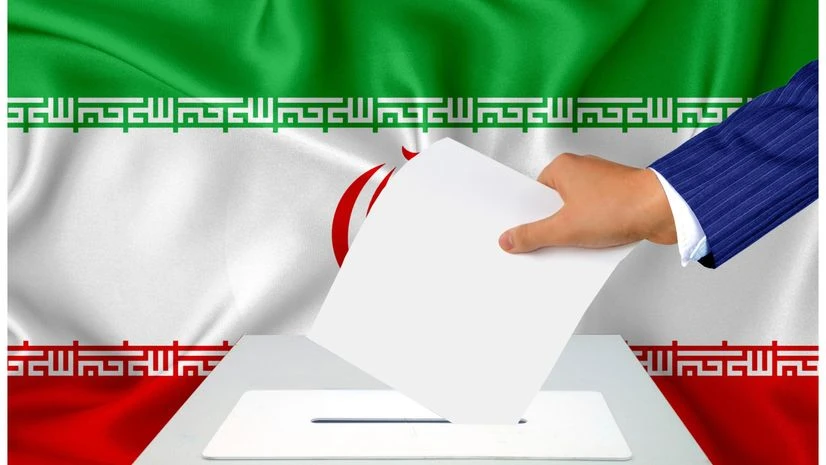Iranians voted Friday in a runoff election for the remaining seats in the country's parliament after hard-line politicians dominated March balloting.
People in 22 constituencies across the country will elect 45 representatives from a pool of 90 candidates, 15 of whom are considered moderate.
In the capital, Tehran, 16 representatives will be chosen from 32 candidates, all hard-liners. Final results are expected on Monday, though counts in smaller constituencies are likely before that.
Iran's parliament plays a secondary role in governing the country. Supreme Leader Ayatollah Ali Khamenei has the final say in all important state matters.
State TV showed Khamenei voting on Friday immediately after the polls opened. He urged people to vote and said the runoff election was as important as the main one.
In the March election, hard-liners won 200 out of 245 seats, with more moderate candidates taking the other 45. A total of 25 million ballots were cast, for a turnout of just under 41 per cent. The previous lowest turnout was 42 per cent in the 2020 parliamentary election.
Politicians calling for change in the country's government, known broadly as reformists, were generally barred from running in the election. Those calling for radical reforms or for abandoning Iran's theocratic system were also banned or didn't bother to register as candidates.
(Only the headline and picture of this report may have been reworked by the Business Standard staff; the rest of the content is auto-generated from a syndicated feed.)

)
